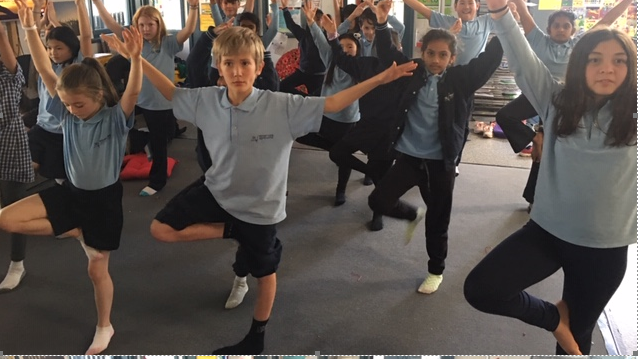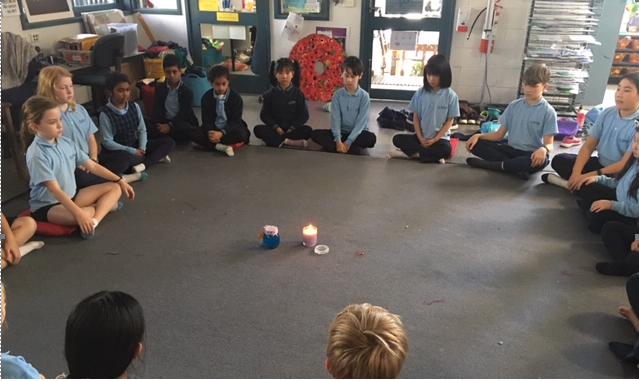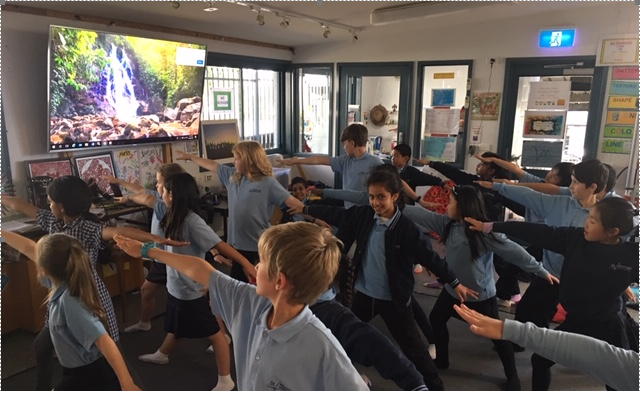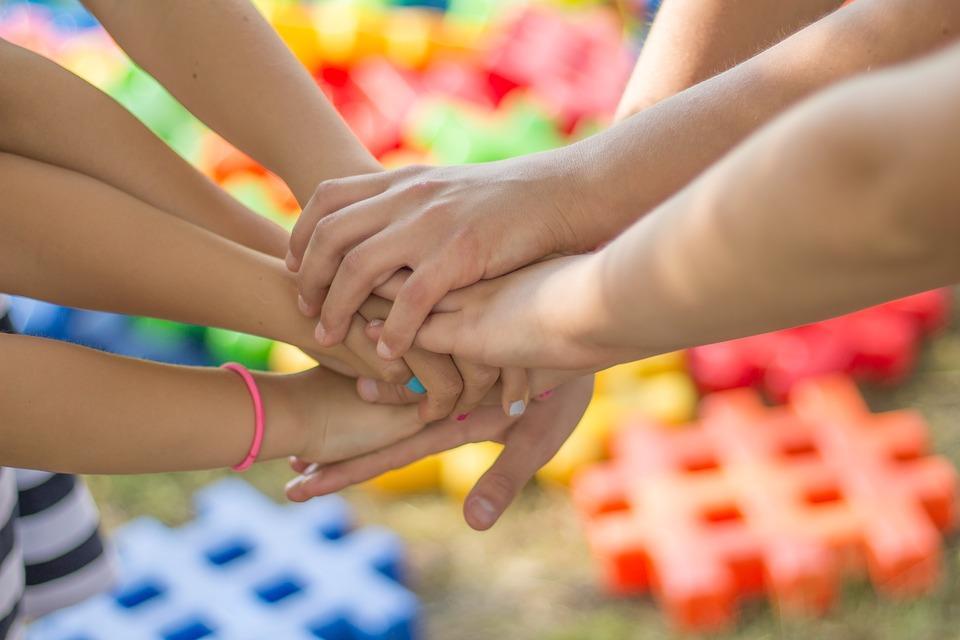Student Wellbeing

Yoga
YOGA NEWS-EVERY TUESDAY 1:05 IN THE ART ROOM WITH MS PULBROOK
“IF EVERY CHILD IN THE WORLD WOULD BE TAUGHT MEDITATION, WE WOULD ELIMINATE VIOLENCE FROM THE WORLD IN ONE GENERATION.”
The Dalai Lama
Helping Your Child Make Friends
Helping your child make and keep friends by Michael Grose
Children who develop healthy friendships generally have a definite set of social skills that help make them easy to like, easy to relate to and easy to play with. One such skill is the ability to adjust their behaviours to suit the social requirements of a particular situation. Many boys struggle in this area and can be loud, overbearing and bossy when their peers want them to be quiet, cooperative and to follow others. You can coach your child to fit in with the requirements of many of their social groups using this three-pronged approach:
The primary school age is an ideal time for children to form friendships with both girls and boys. This is particularly valid if your child has siblings of their own gender, or don’t have siblings.
Remind: Be preemptive with your teaching. Before your child visits their friends provide some relevant pointers about their behaviour. “Remember to say hello quietly and ask them if they’d like to play with you.”
Rehearse: It’s useful to practise with children how they should act in social situations. “Okay, Jeremy tell me what you will say when you want to enter a game. Let’s practice waiting for a break in the game, approaching someone you know and saying, “Excuse me. Can I play with you guys?”
Revisit: Give your child feedback after the event but keep it positive and upbeat. “That was great the way you let the other kids lead the way. Your friends love it when you let them be boss.” Boys, in particular, benefit from being told what works well in terms of their friendships behaviours.
Encourage healthy friendships
The wellbeing of many primary school girls is heavily impacted by her relationships with her peers. When relationships are going well she’ll tend to be happy, however when friendships become tricky then she can feel unhappy, even distraught. Help your daughter identify what a healthy friendship looks and feels like – she should feel safe, valued and able to speak up. Unhealthy relationships, such as cliques, are restrictive, one-sided, full of gossip and criticism. To assist them to reflect on the nature of healthy relationships help your child to formulate responses to these questions: “What does a good friend look like? How does a good friend behave? What do good friends do?”
Encourage friendships with both genders
The primary school age is an ideal time for children to form friendships with both girls and boys. This is particularly valid if your child has siblings of their own gender, or don’t have siblings. It’s through these early relationships that we gain the confidence to mix with different genders in the later years. Forming friends across genders helps to break down the mystique that sometimes forms, when a child has little contact with the ‘other’ gender.
Understand the impact of gender on friendships
Research shows that boys’ friendships groups are more inclusive and less changeable than friendships enjoyed by girls, particularly those in the eight to twelve age group. If you have a girl, be ready to support your daughter through the hurt of friendship breakdowns and remind them that new friendships are just around the corner. Many girls take a disagreement with a friend personally as they don’t have the emotional development to deal with conflict constructively. Help her reflect on her own place in a friendship breakdown, and encourage her to be open to restoring a relationship once emotions are in check.
Remember, friends a feather flock together
If you think that your child doesn’t have as many friends as a sibling or other children their own age, don’t be too alarmed. On average, children usually have only two or three significant friendships at any one time. It’s the quality rather than the quantity of friendships that counts. If you are concerned that your child lacks friends at school encourage them to take up a variety of extra-curricular activities. It’s easier to strike up a friendship with someone when you have something in common.
Above all else, encourage your child to be friendly by talking to others, showing an interest in what other children do, offering help when needed, and being willing to enter a game or social situation. Consider teaching your child, if necessary, alternatives to fighting and arguing when there is disagreement and conflict within groups.




